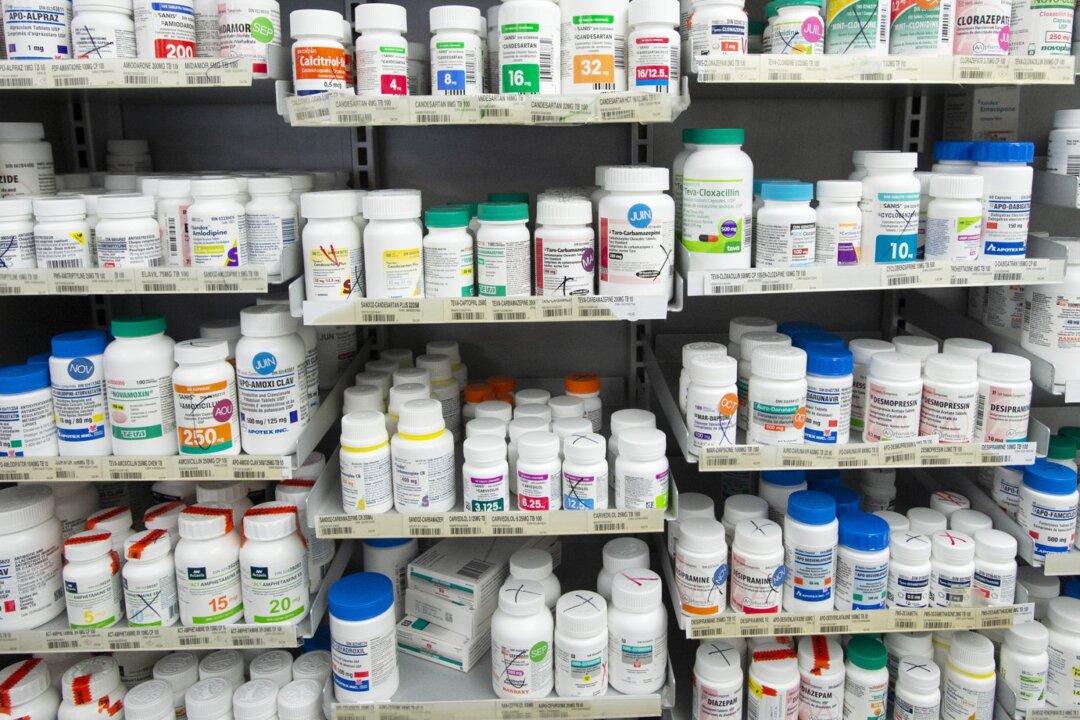The manufacturer of popular drugs Wegovy and Ozempic warned on Oct. 12 that it has seen a surge of counterfeit versions of its products in recent days.
Novo Nordisk “has seen a significant increase in illegal online sales,” according to a statement, referring to drugs that contain the active ingredient semaglutide.





